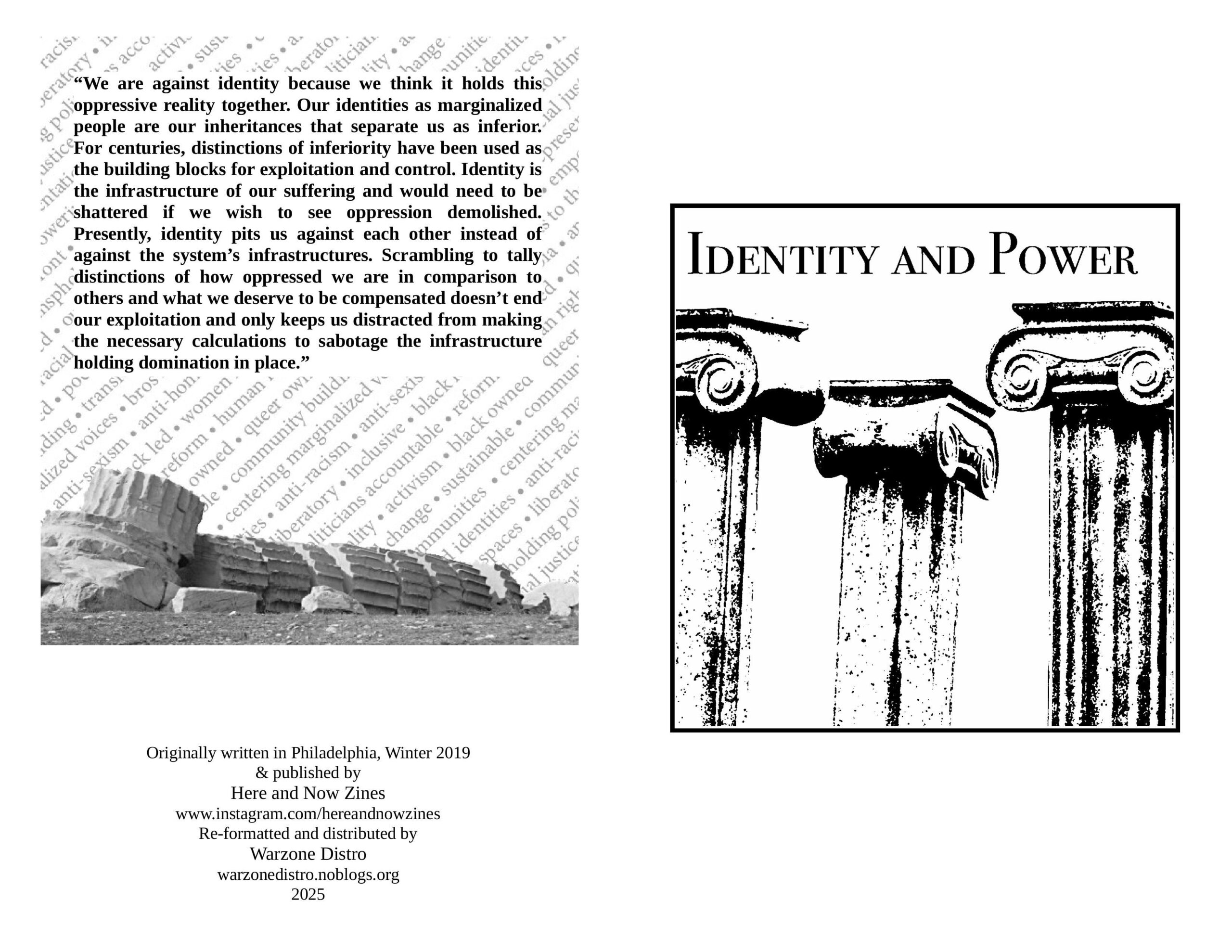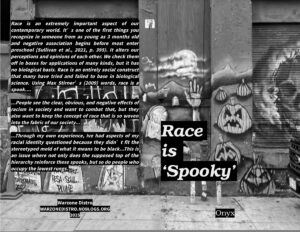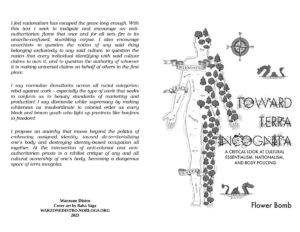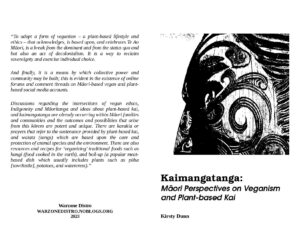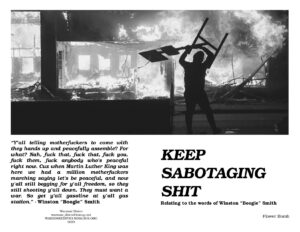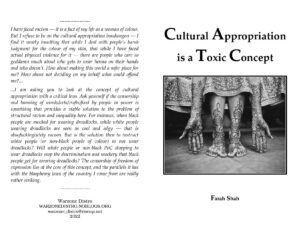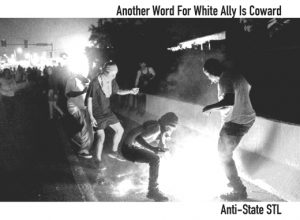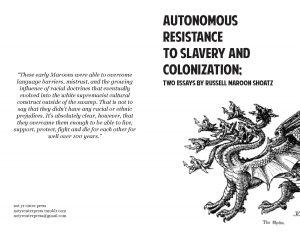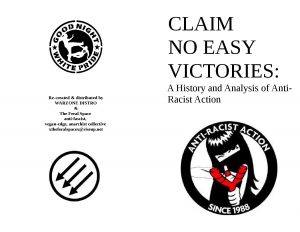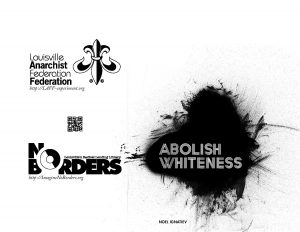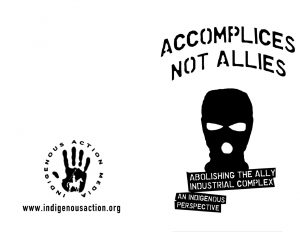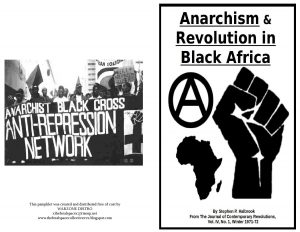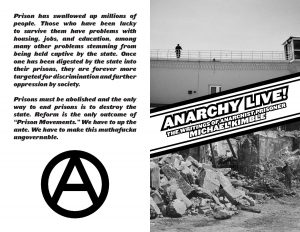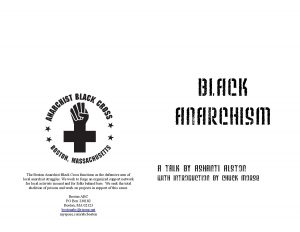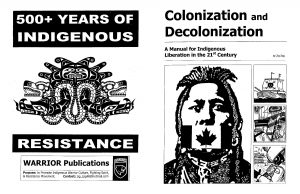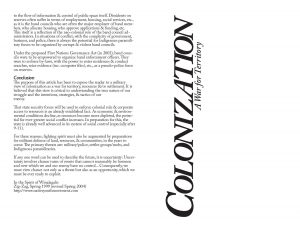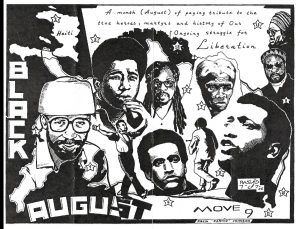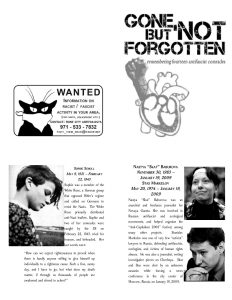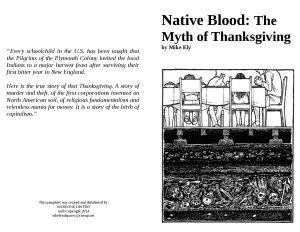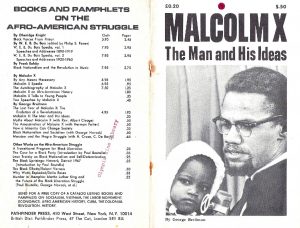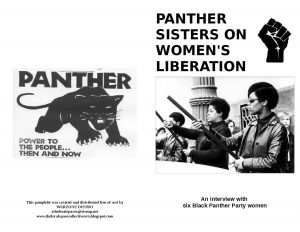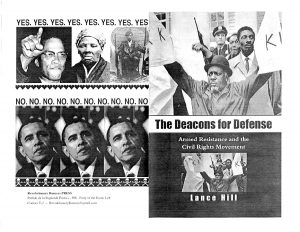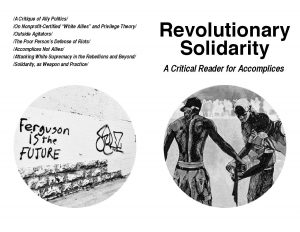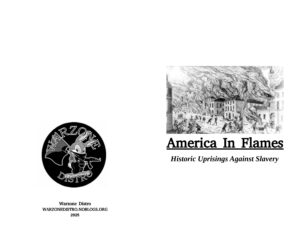
“Slave rebellions and resistance were means of opposing the system of chattel slavery in the United States. There were many ways that most slaves would either openly rebel or quietly resist due to the oppressive systems of slavery. According to Herbert Aptheker, “there were few phases of ante-bellum Southern life and history that were not in some way influenced by the fear of, or the actual outbreak of, militant concerted slave action.” Slave rebellions in the United States were small and diffuse compared with those in other slave economies in part due to “the conditions that tipped the balance of power against southern slaves—their numerical disadvantage, their creole composition, their dispersal in relatively small units among resident whites—were precisely the same conditions that limited their communal potential.” As such, “Confrontation in the Old South characteristically took the form of an individual slave’s open resistance to plantation authorities,” or other individual or small-group actions, such as slaves opportunistically killing slave traders in hopes of avoiding forced migration away from friends and family.”
